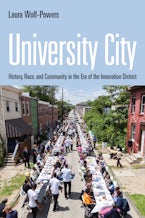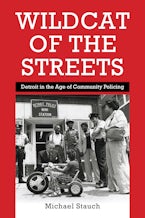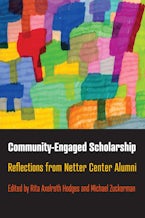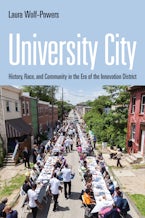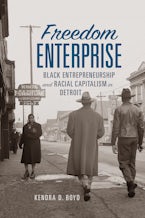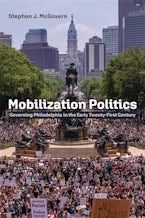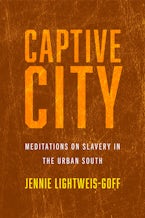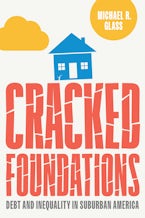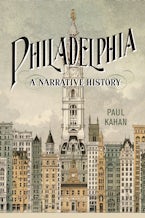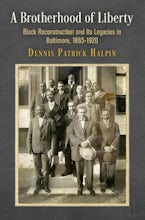A chronicle of neighborhood redevelopment politics in West Philadelphia over 60 years
In twenty-first-century American cities, policy makers increasingly celebrate university-sponsored innovation districts as engines of inclusive growth. But the story is not so simple. In University City, Laura Wolf-Powers chronicles five decades of planning in and around the communities of West Philadelphia’s University City to illuminate how the dynamics of innovation district development in the present both depart from and connect to the politics of mid-twentieth-century urban renewal. Drawing on archival and ethnographic research, Wolf-Powers concludes that even as university and government leaders vow to develop without displacement, what existing residents value is imperiled when innovation-driven redevelopment remains accountable to the property market.
The book first traces the municipal and institutional politics that empowered officials to demolish a predominantly Black neighborhood near the University of Pennsylvania and Drexel University in the late 1960s to make way for the University City Science Center and University City High School. It also provides new insight into organizations whose members experimented during that same period with alternative conceptions of economic advancement. The book then shifts to the present, documenting contemporary efforts to position university-adjacent neighborhoods as locations for prosperity built on scientific knowledge. Wolf-Powers examines the work of mobilized civic groups to push cultural preservation concerns into the public arena and to win policies to help economically insecure families keep a foothold in changing neighborhoods.
Placing Philadelphia’s innovation districts in the context of similar development taking place around the United States, University City advocates a reorientation of redevelopment practice around the recognition that despite their negligible worth in real estate terms, the time, care, and energy people invest in their local environments—and in one another—are precious urban resources.
***
Pictured on the book's cover is a luncheon on Melon Street between 37th and 38th Streets in West Philadelphia, May 31, 2014. The community meal was part of Funeral for a Home, a project that honored the life and passing of a house at 3711 Melon Street in Mantua. Photo by Jeffrey Stockbridge. Funeral for a Home was commissioned by Temple Contemporary, Temple University. Original support for Funeral for a Home was provided by The Pew Center for Arts & Heritage, Philadelphia.

